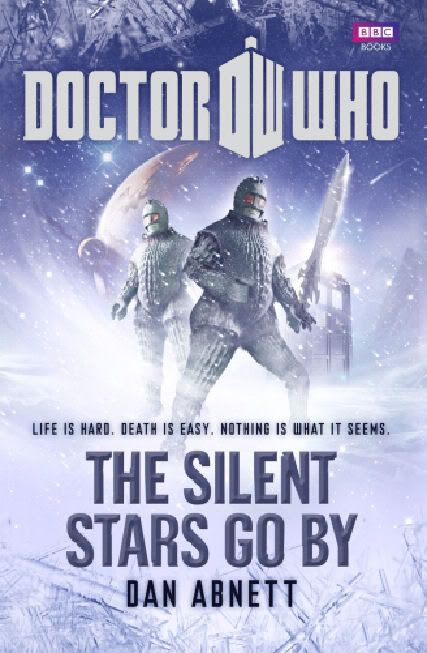Doctor Who: The Wedding of River Song

Doctor Who: Series Six - The Wedding of River Song
Written by Steven Moffat
Directed by Jeremy Webb
Broadcast on BBC1 - 1st October 2011
Well I never…
This episode was always going to have quite the challenge to resolve all the issues that were raised in this series and to do it in a way that was satisfactory even more so. So lets take the first issue, did it answer all the questions raised?
Well, sort of, no doubts there will be plenty of viewers crying “cop out” at the posing of yet another mystery to be solved but the episode was successful in answering the questions that series 6 threw our way and sorted some stuff from previous years. Eye patches? Check. River Song’s marital status? Check. The Doctor’s fate? Check. The nature of The Silence? Check.
And here lies the issue, the episode was so geared towards tying off loose ends that the episode whizzed by at such a thunderous pace as to leave me feeling somewhat bamboozled and underwhelmed, there were some fun little moments, the appearance of Charles Dickens, the carnivorous skulls left by the Headless Monks, The Doctor’s attempt to get Captain Williams to ask out Amy and River and The Doctor’s shotgun wedding. It was well acted, I loved Karen Gillan’s work in this episode, her coldness in allowing the death of Madame Kervorian was awesome and more than a little terrifying. The visual effects were overall excellent and the fate of The Brigadier brought a tear to my eye.
Despite these bits I found my eyes flicking towards to clock, wondering how on earth they were going to get this to a conclusion and trying to keep everything straight in my mind. More than a few times I found myself thinking of this episode as functional rather than entertaining. You could sometimes see the plot points being hit rather than a fluid move from cause to effect. Problem is how could the show do anything else? By setting this series up to move towards an event that could never really take place without ending the whole show, whether this was a wise decision on Steven Moffat’s part is going to be a debate that keeps fandom going for the rest of time I think.
I think people really weren’t expecting things to be this straight forward, that there would be an immense universe imploding shock to the system that we go with “The Pandorica Opens”/”The Big Bang” but we should know better than that by now, with Steven Moffat things are never really that complicated when you scratch at the surface and I think when push comes to shove that will disappoint more than a few viewers. I wasn’t disappointed by what I saw, it was the logical conclusion of the last two series, in fact I’m looking forward to going back to series 5 and 6 and seeing how it works in retrospect, armed with the knowledge we have now. As I said earlier in this post the episode itself suffered under the weight of the purpose it had to fulfill but it was still a good piece of television. As series finales go it certainly wasn’t the worst we’ve been given, it wasn’t the best either but with me I’ll tolerate stuff from The Doctor that I’d never countenance from anyone else.
I’m sure as I type this the internet is ablaze with “MOFFAT MUST GO” and I think that was going to be the reaction whatever happened in this episode, it was always going to be seen as a cop out and thats a shame because whatever this episodes faults it doesn’t deserve that harsh a verdict. In 20 years time when people are writing clever books about series 6 and youngsters are discovering it for themselves I believe this episode will be held in much higher regard, much like series one’s “Boom Town”, hated by nearly everyone on transmission has now been subject to a great deal of revisionist praise.
So in conclusion I thought it was good albeit flawed, a lot of you who read this will think it sucked and Moffat should be hung from the nearest yardarm… as it always was and as it will always be, and when you think about it isn’t that just a tiny bit marvelous….?









